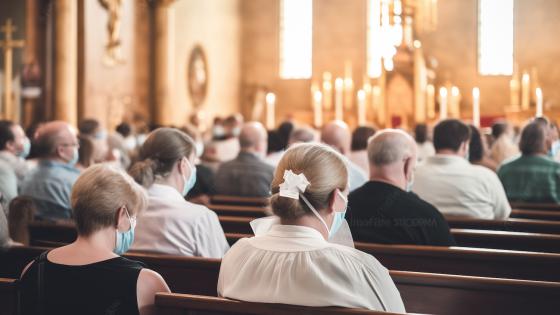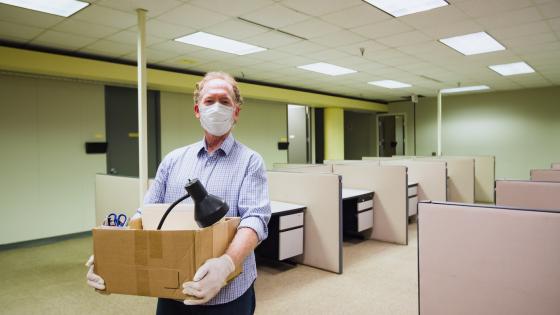DP18830 Do Religious People Cope Better in a Crisis? Evidence from the UK Pandemic Lockdowns
We measure whether religious people in the UK cope better during a large negative shock - the nationwide pandemic lockdowns. We use data from the Understanding Society longitudinal dataset, including self-reports on religion and religiosity taken before the pandemic, and mental health data on unhappiness and depression, collected both before and during the lockdown periods. We find evidence that religious people coped better during the lockdowns. In terms of magnitude, we found that religious people (in that it makes a difference to their life) were around one-fifth less likely to suffer an increase in unhappiness or depression. Our results for those who belong to a religion (regardless if it makes a difference to their life) were higher in magnitude, but lower in significance. We found little difference in coping across religions; with the results for Christians, Muslims and Hindus all being broadly similar. However, we did find some difference within Christian denominations, with ‘Christian Other’ (those belonging to mainly Protestant churches other than the Church of England) coping relatively worse among those who belong to a religion. We also found that when places of worship were closed, religious Muslims and Catholics suffered disproportionately - the two religious groups in our study which normally require weekly communal attendance from their followers.


